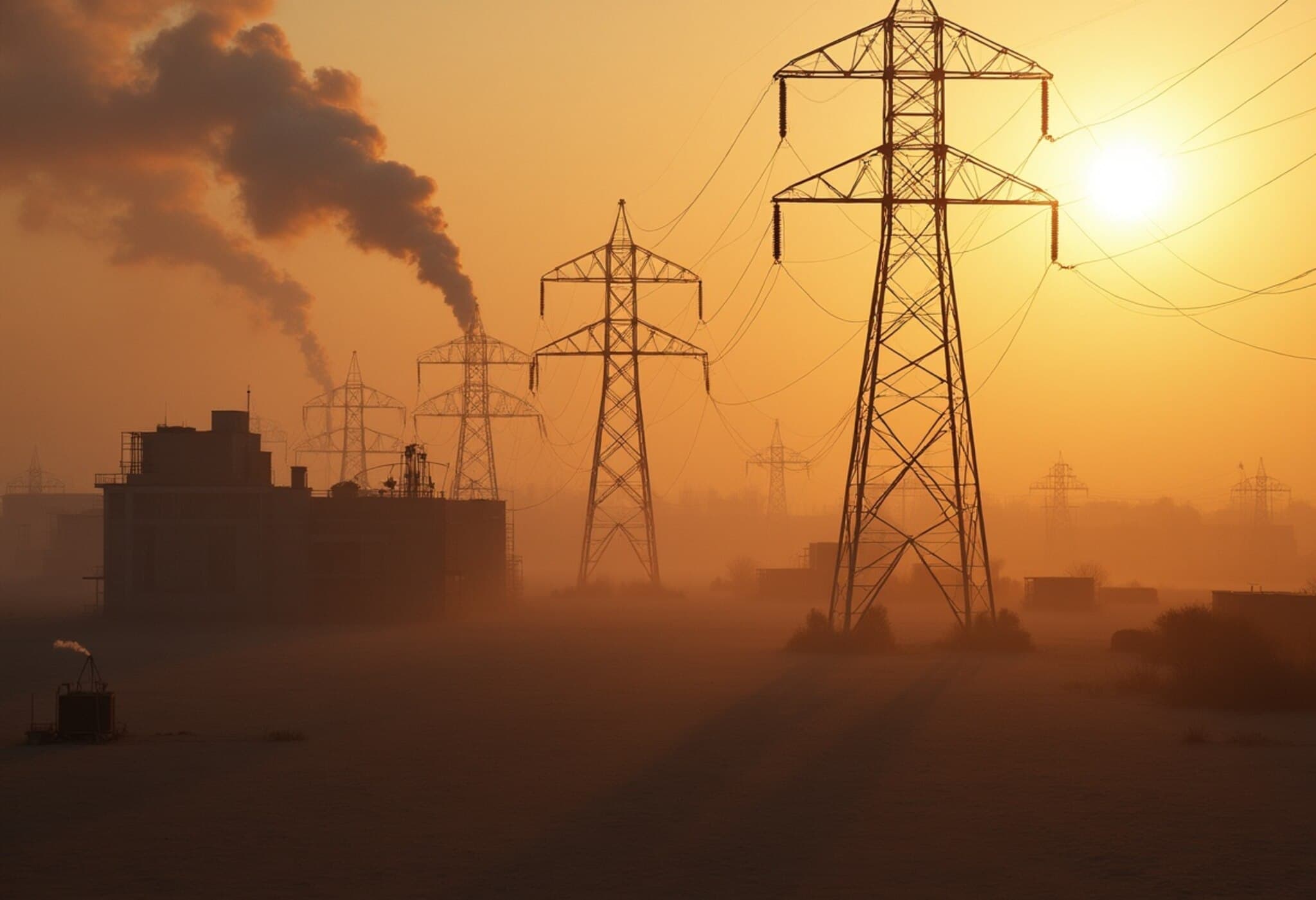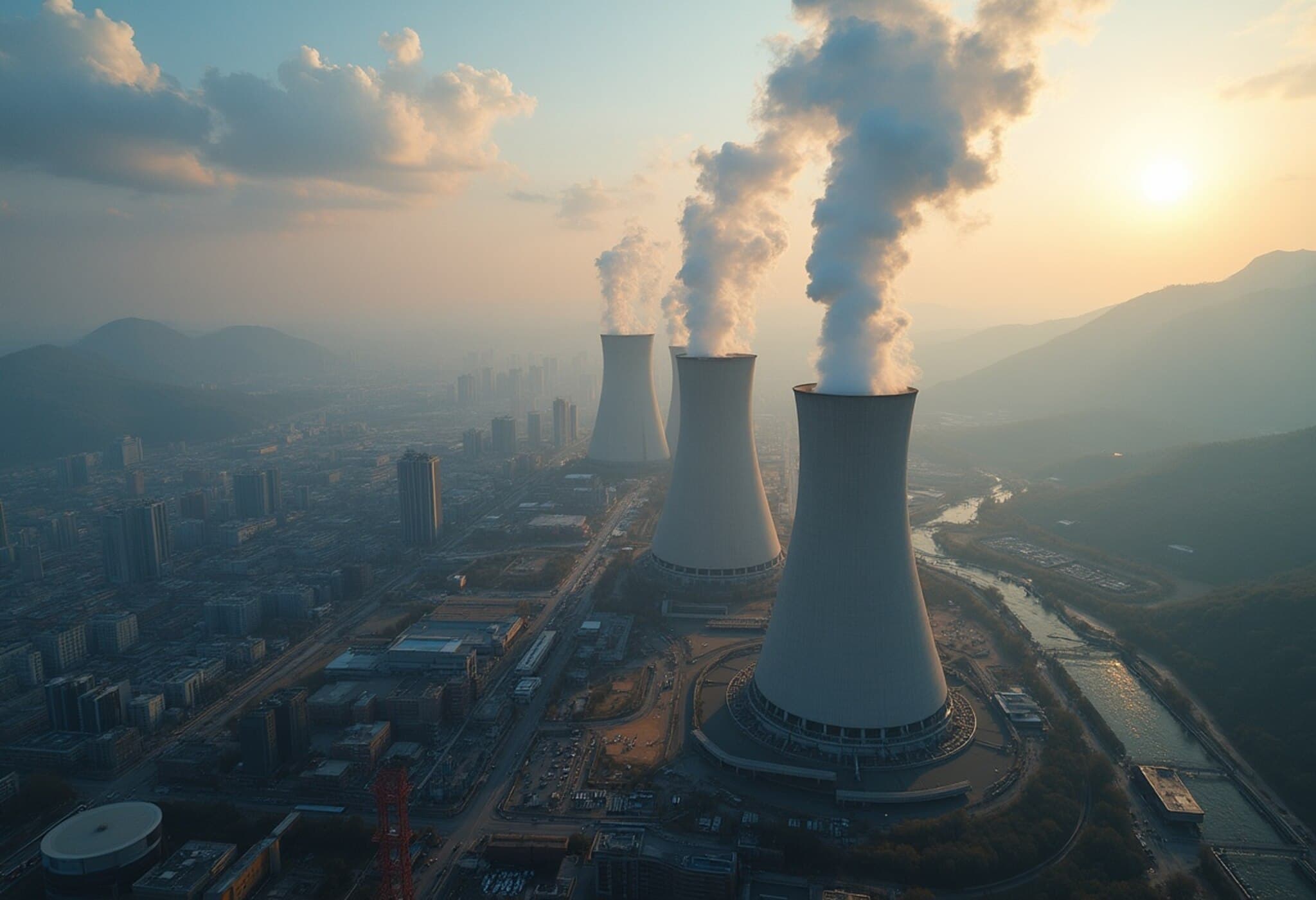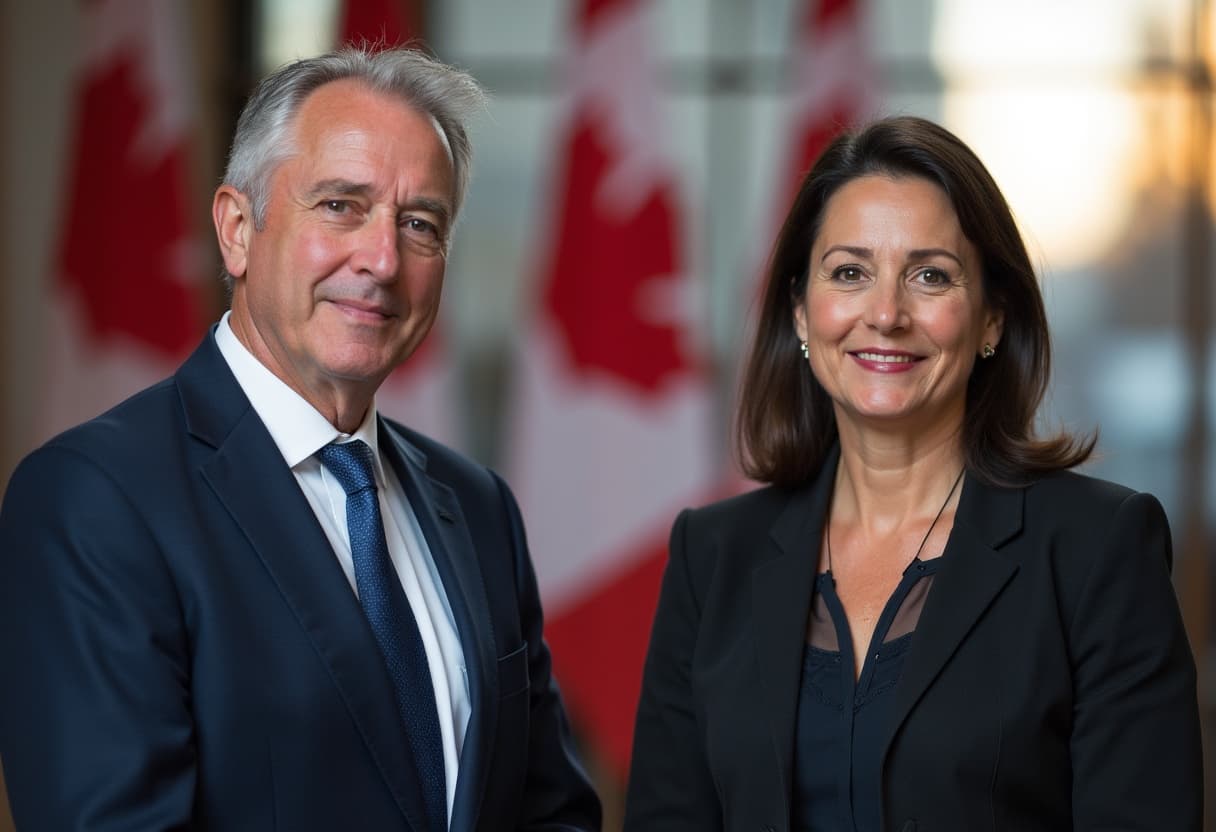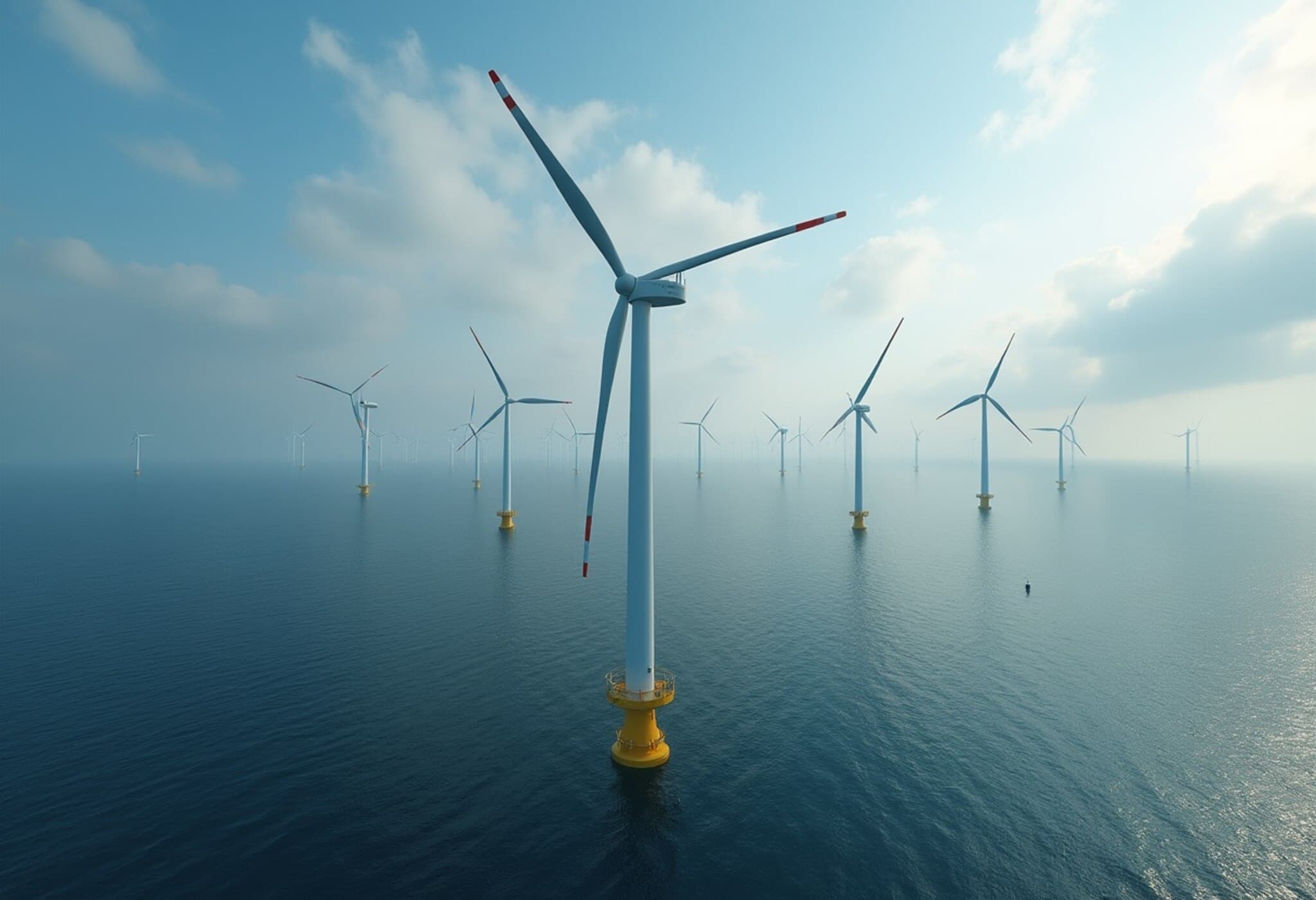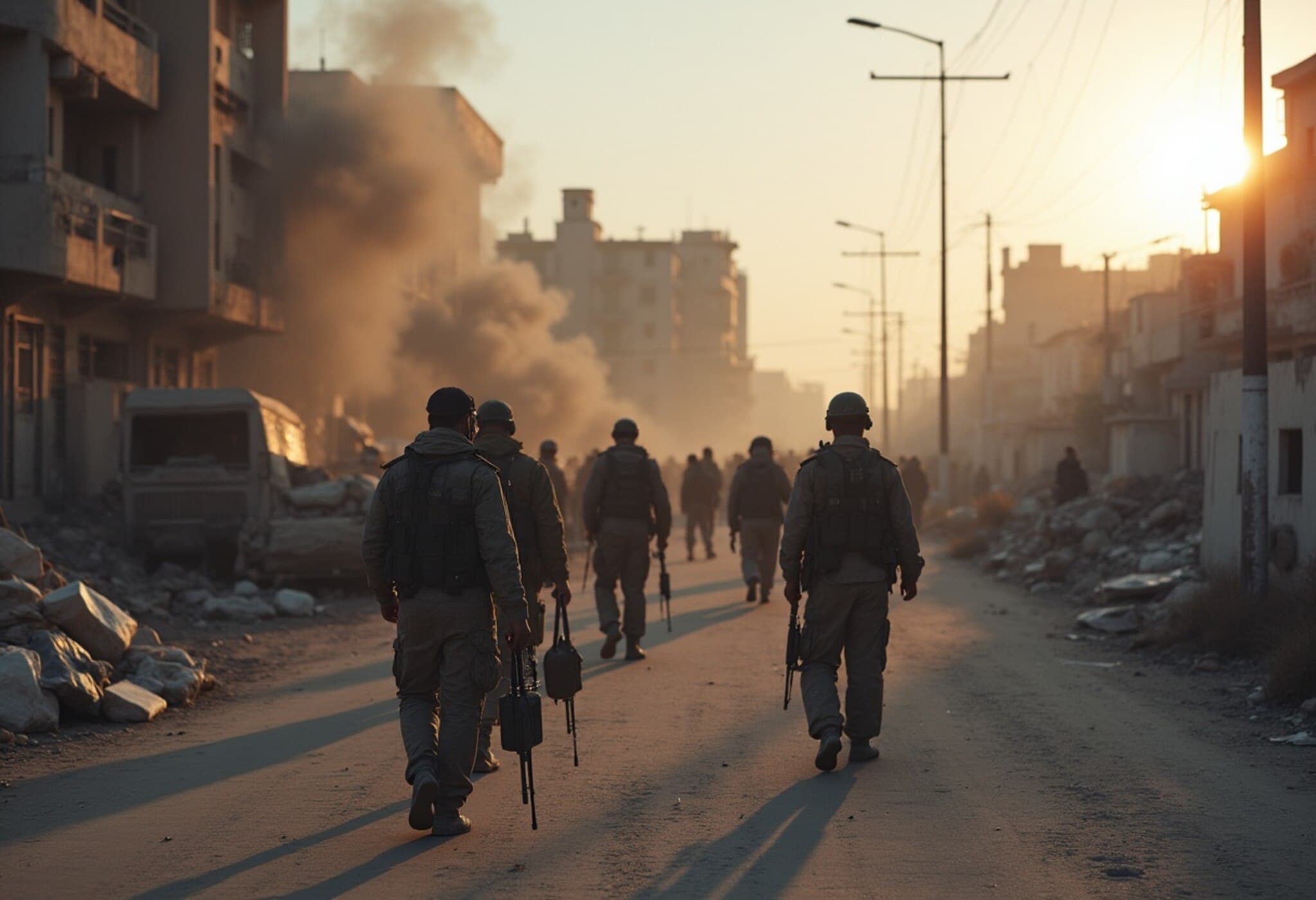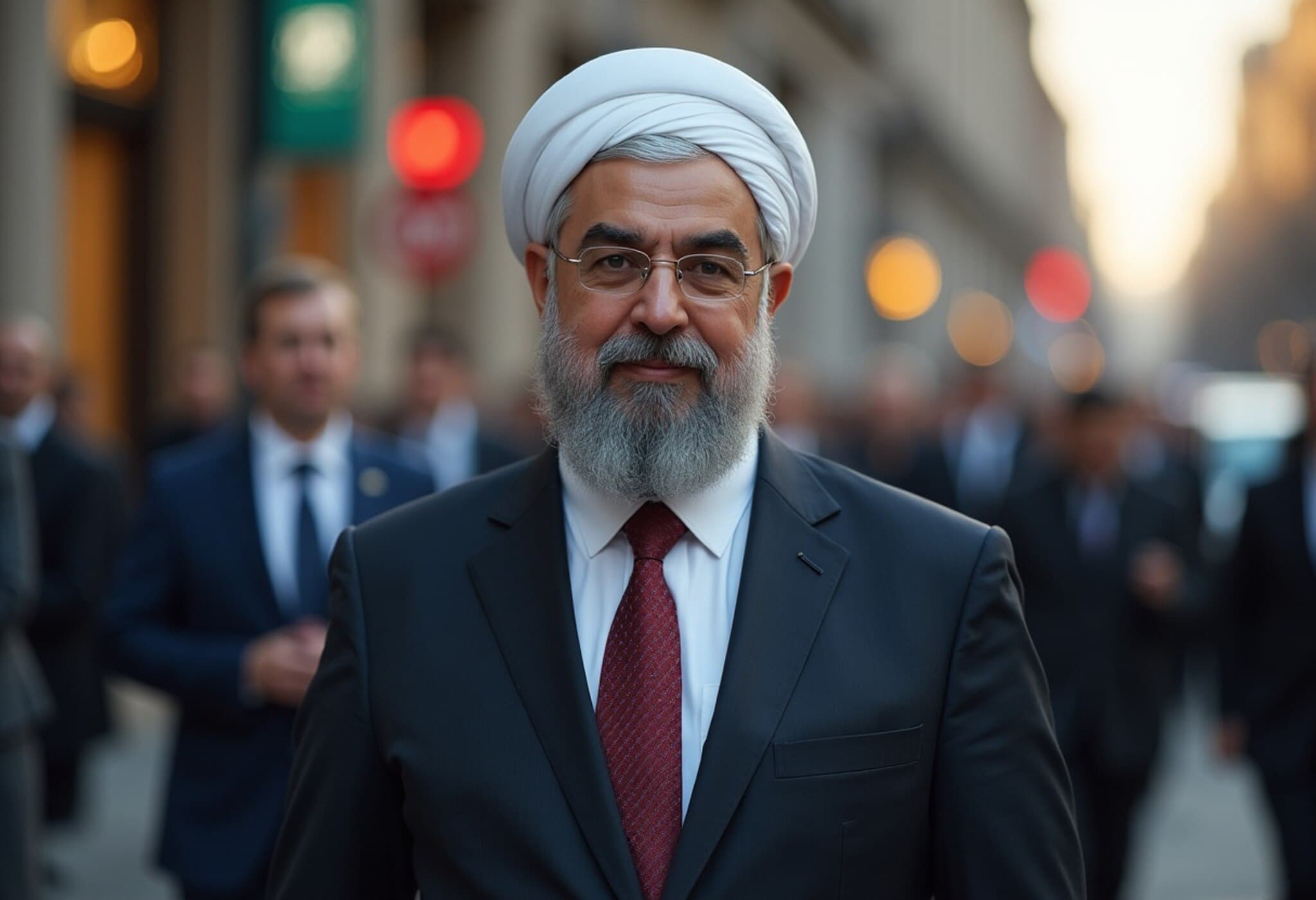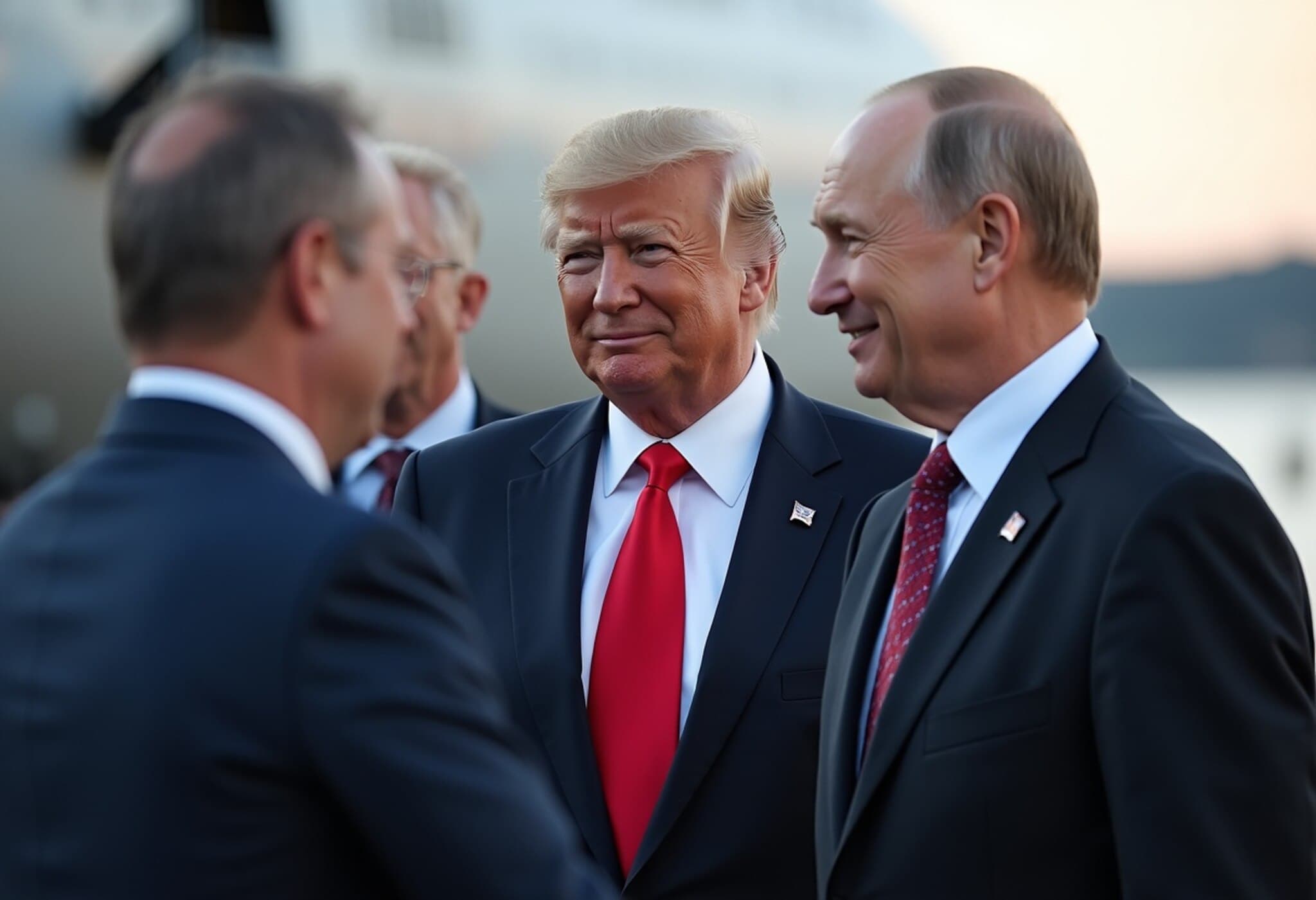Nationwide Blackouts Amid Sweltering Heat: The Stark Reality of Iraq’s Power Crisis
Earlier this week, Iraq experienced a nationwide blackout triggered by a brutal heatwave pushing temperatures to 122 degrees Fahrenheit (50°C). The soaring temperature sent electricity demand through the roof, overwhelming a fragile power grid that has long struggled to keep up. Although power was restored within 24 hours, the outage laid bare a critical question: how can a nation with some of the world's largest oil reserves continuously fail to keep the lights on?
A Paradox of Plenty: Iraq’s Riches and Energy Woes
Iraq, boasting the world’s fifth-largest proven oil reserves and ranking OPEC’s second-largest oil producer, seems an unlikely candidate for such rolling blackouts. International energy companies operate extensively in Iraq, and billions of dollars have been funneled into its energy sector. Yet, power cuts during the blistering summers have become a predictable hardship for millions, with many Iraqis relying heavily on private generators to fill the void left by the unreliable national grid.
The Roots of the Crisis: More Than Just Infrastructure
The country’s electricity struggles date back decades but deepened significantly after the 2003 U.S.-led invasion. The fall of Saddam Hussein’s regime unleashed instability, corruption, and mismanagement that crippled Iraq’s power infrastructure. Government audits unraveled widespread embezzlement of funds meant for crucial electricity projects. This chronic underinvestment and ineffective governance have led to frequent power shortages, and public frustration boiled over in protests during the summers of 2021 and 2025.
Dependency on Iranian Gas: A Double-Edged Sword
Iraq’s electricity production relies heavily on natural gas imports from neighboring Iran. In 2023, approximately 47% of Iraq's gas consumption originated from Iran, powering an estimated 29% of its electricity. However, Tehran’s gas supply is both politically and operationally unreliable. Iran itself grapples with energy shortages, partly because of U.S. sanctions and internal mismanagement, and has occasionally withheld gas exports to Iraq as leverage in regional political disputes.
James Jeffrey, a former U.S. ambassador to Iraq and distinguished fellow at the Washington Institute, highlights another paradox: "Iraq flares off vast amounts of its own natural gas instead of capturing it to fuel power generation." Gas flaring — burning off excess gas during oil extraction — not only burns financial resources but also exacerbates environmental degradation.
Political Complexities and Regional Influence
The energy crisis is deeply entwined with Iraq’s political landscape. Iranian-backed parties wield considerable influence in Baghdad, complicating efforts to diversify energy sources. According to Jeffrey, "Iran’s strategy aims to keep Iraq dependent on its subsidized energy supplies, reinforcing political control and limiting Baghdad's autonomy."
The Impact of U.S. Sanctions and Energy Policy Pressures
In an effort to curtail Iran’s regional influence, the Trump administration in 2024 removed a waiver allowing Iraq to legally import Iranian electricity without violating U.S. sanctions. Although this electricity constituted a small fraction (around 3%) of Iraq's power supply, the move symbolized heightened pressure to reduce Iranian dependency. The U.S. encourages Iraq to pivot towards energy diversification — a challenging but necessary path to ensure long-term stability and independence.
Failing to address this producer-consumer imbalance threatens to prolong economic instability and social unrest within Iraq. As noted by Behnam Ben Taleblu, senior fellow at the Foundation for Defense of Democracies, “Gaining energy independence will empower Baghdad and help it break from Tehran’s political grip.”
Emerging Initiatives: A Path Toward Energy Independence?
Despite the challenges, signs of progress are emerging. Several large-scale projects target Iraq’s energy sector reform:
- TotalEnergies’ $27 billion Gas Growth Integrated Project aims to capture flared gas for power generation and develop a 1–1.25 gigawatt solar park in the oil-rich southern city of Basra.
- Siemens Energy’s framework plans to build up to 14 gigawatts of gas-fired power plants fueled by domestically captured gas, addressing the current deficit between capacity and demand.
- Regional cooperation projects include power grid interconnections with Jordan and Kuwait, enhancing energy trade and grid stability.
However, Iraq’s current grid capacity stands at less than 28 gigawatts while peak demand soars at 48 gigawatts, emphasizing the scale of the challenge.
The Roadblocks Ahead
The energy transformation faces significant hurdles including:
- Endemic corruption hampering transparent execution of infrastructure projects.
- Political interference by Iranian-backed factions resisting energy diversification.
- Historical underinvestment leaving a fragile, outdated grid vulnerable to climatic stress.
- The enormous need for strategic planning and institutional reform.
Yet, experts remain cautiously optimistic. Jeffrey underscores that achieving energy self-sufficiency in Iraq is feasible “over time,” as infrastructure investments mature and political will aligns.
Understanding the Human Impact
Behind the technical and geopolitical complexities lies a human story — Iraqi families sweltering in summer without reliable air conditioning, children studying by candlelight, and communities turning to noisy, polluting generators just to power their homes. The energy crisis is not just a technical dilemma but a pressing public welfare challenge that affects health, education, and economic opportunity.
Editor’s Note: Beyond Oil Wealth — The Path to Sustainable Energy for Iraq
Iraq’s ongoing power outages highlight the multifaceted nature of energy security in the 21st century. They remind us that resource abundance alone does not guarantee stability or prosperity. The nation’s future depends not just on how much oil it holds but how effectively it can transform resources into reliable, clean energy for its population. This transformation requires confronting entrenched corruption, geopolitical dependencies, and investing boldly in modern infrastructure.
For American policymakers and investors, supporting Iraq’s energy reform aligns with broader strategic interests in Middle Eastern stability and countering undue Iranian influence. For Iraqi citizens, the hope lies in a transparent, accountable government that prioritizes their fundamental right to power—as essential today as water or food.

